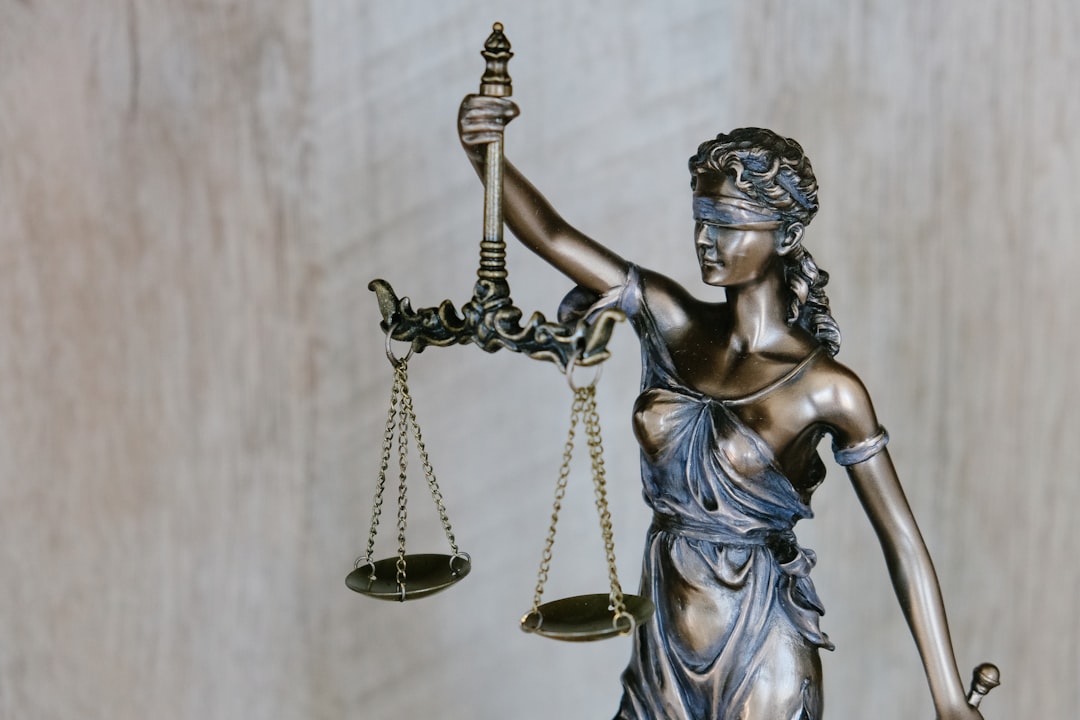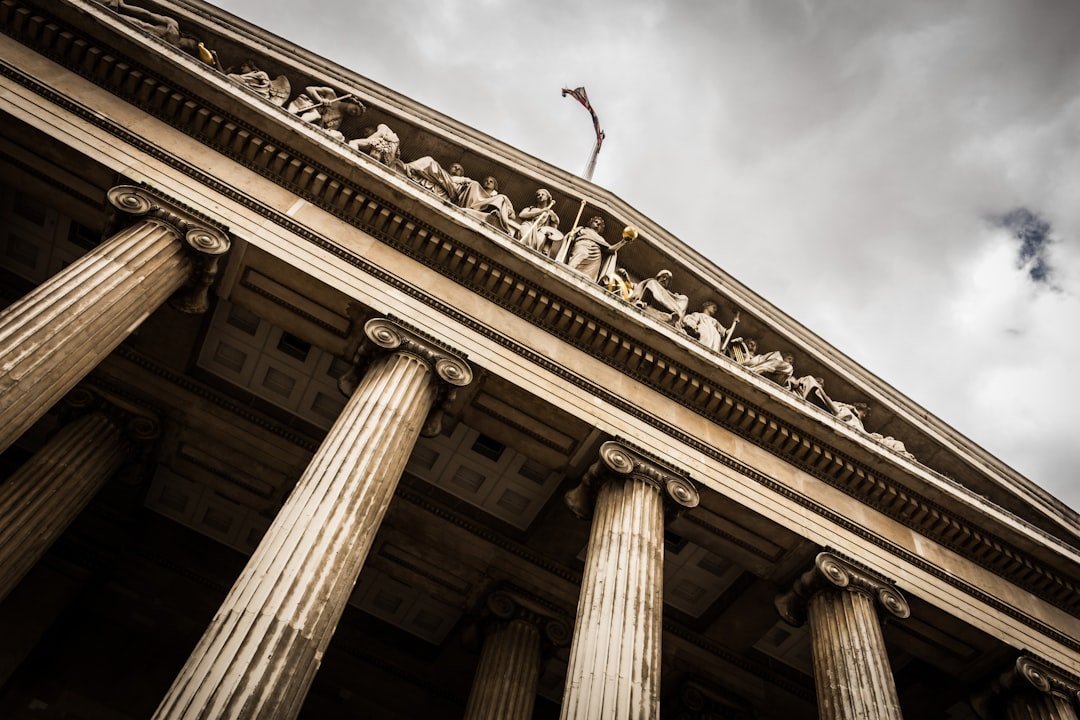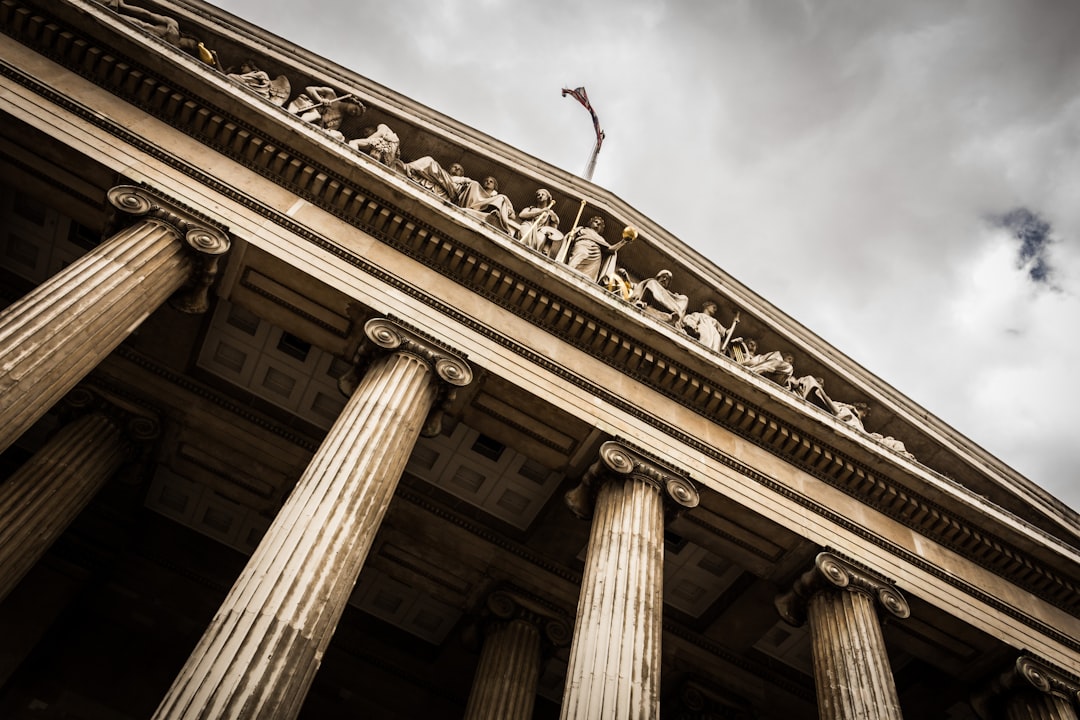Sexual assault attorneys in Connecticut face unique challenges navigating social media evidence in legal proceedings, balancing the benefits of digital insights with privacy concerns and potential biases. They must stay current on guidelines and electronic discovery laws to ethically handle social media data while empowering victims to protect their online privacy and control narratives. With proper guidance, victims can access Connecticut's legal resources and support groups to preserve digital evidence and ensure their voices are heard in safe and secure ways.
In the digital age, social media plays a complex role in sexual assault cases. This article explores how platforms like Facebook, Instagram, and Twitter can impact legal proceedings in Norwalk, Connecticut, from both a victim’s perspective and a legal standpoint. We delve into the challenges and opportunities presented by online presence, privacy concerns, evidence collection, and available resources for survivors. Understanding these dynamics is crucial for sexual assault attorneys in Connecticut navigating modern legal landscapes.
The Role of Social Media in Sexual Assault Cases: A Legal Perspective

In today’s digital era, social media platforms can play a significant role in the legal process, particularly in sexual assault cases. Evidence presented on social media, such as direct messages, posts, and photos, can be crucial in building a case or challenging allegations. Sexual assault attorneys in Connecticut must be adept at navigating this digital landscape to effectively represent their clients. The insights gained from social media accounts can provide context, shed light on the victim’s or accused’s behavior, and even reveal inconsistencies in stories.
However, the use of social media evidence also raises legal considerations. It is essential for sexual assault attorneys to understand the rules regarding the admissibility and handling of digital evidence. The potential for bias, privacy concerns, and the risk of misinterpretation necessitate a careful approach when utilizing social media data as part of a legal strategy. Legal professionals in Connecticut must stay informed about the evolving laws and guidelines related to electronic discovery and social media to ensure that their use of such evidence is both effective and ethically sound.
How Online Presence Can Affect Victim Privacy and Safety

In today’s digital age, an individual’s online presence can significantly impact their privacy and safety, especially in sensitive cases like sexual assault. When a victim comes forward with such allegations, their personal information becomes public domain, as social media platforms often lack stringent privacy settings. This exposure can lead to unwanted attention from the accused or even bystanders who may share biased opinions or spread false narratives about the victim.
Victims of sexual assault in Norwalk, Connecticut, seeking justice should consider engaging with sexual assault attorneys who understand the complexities of these cases and the role social media plays. These legal professionals can guide victims on managing their online presence, ensuring their privacy is protected as much as possible during the legal process. This proactive approach can help maintain a sense of security and control, which is crucial for the victim’s well-being.
Evidence Collection and Admissibility on Social Media Platforms

In the digital age, social media platforms can serve as a double-edged sword in sexual assault cases. While they offer a potential treasure trove of evidence, collected through public posts, messages, and images, their admissibility in court is a complex issue. Sexual assault attorneys in Connecticut must navigate this landscape carefully to ensure that any digital evidence not only meets the legal standards for admissibility but also protects the privacy rights of all involved parties.
The collection process involves a delicate balance between gathering relevant information and respecting the victim’s autonomy. Attorneys need to obtain proper authorizations, often through search warrants, to access social media accounts while ensuring that any intrusion on privacy is justified by the potential evidentiary value. The admissibility of such evidence in court then hinges on factors like relevance, authenticity, and whether its admission would unfairly prejudice the defendant or unduly influence the jury.
Navigating Social Media in Connecticut: Rights and Resources for Survivors

Navigating social media after experiencing a sexual assault can be overwhelming. In Connecticut, survivors have rights and resources available to help them manage this aspect of their healing process. It’s crucial for victims to understand their digital footprint and how it might impact their case when considering legal action against perpetrators or seeking justice from sexual assault attorneys in Connecticut.
Social media platforms hold vast amounts of data, which can serve as evidence in sexual assault cases. However, sharing personal details online can also have consequences. Survivors should familiarize themselves with their rights, such as the right to privacy and protection under Connecticut’s laws. Legal aid organizations and support groups can guide victims on managing online presence, preserving digital evidence, and accessing legal counsel from experienced sexual assault attorneys in Connecticut to ensure their voices are heard while safeguarding their well-being.






